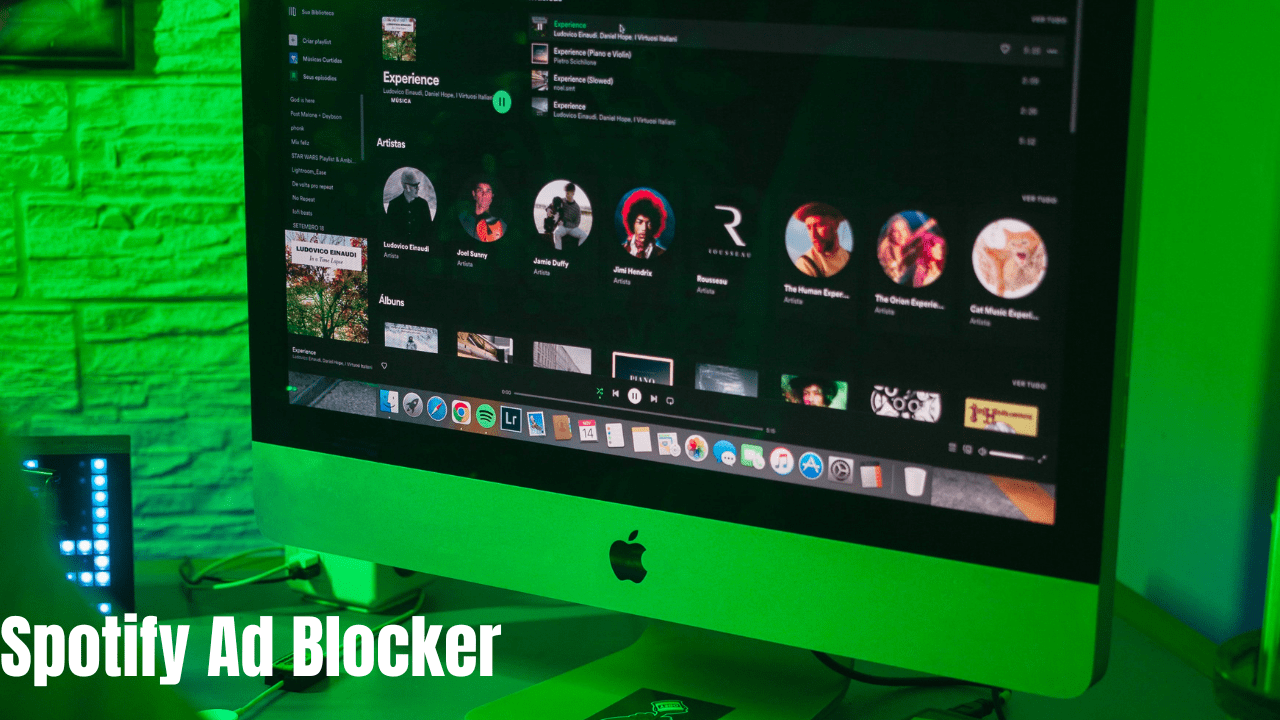In the dynamic landscape of digital music streaming, Spotify has become a household name, providing millions of users with access to an extensive library of songs, playlists, and podcasts. While the platform offers both free and premium subscription options, some users have turned to Spotify ad blockers to circumvent the advertisements that accompany the free version. This practice, however, raises ethical and legal questions and has sparked debates about the impact on both users and the platform.
Understanding the Appeal
The appeal of Spotify ad blockers is clear — users can enjoy uninterrupted music streaming without the intrusion of ads. The free version of Spotify, supported by advertisements, has helped the platform reach a broad audience, but not everyone enjoys the interruption of their music experience with ads promoting various products and services.
The Ethics and Legality
Using ad blockers on Spotify raises ethical concerns, as it involves circumventing the revenue model that allows the platform to offer free access to music. Advertisements play a crucial role in supporting the artists and the platform itself. By blocking ads, users undermine this system and jeopardize the economic ecosystem that sustains the music industry.
From a legal perspective, using ad blockers may violate Spotify’s terms of service. Spotify explicitly prohibits the use of ad blockers in its terms, and violating these terms could lead to consequences such as account suspension or termination. Additionally, the use of third-party ad blockers may expose users to security risks, as these tools often require extensive access permissions.
Impact on Artists and the Music Industry
Ad-supported streaming services like Spotify contribute significantly to the revenue of artists. By using ad blockers, users indirectly impact the income of musicians and creators, potentially affecting their ability to produce new content. This raises concerns about the sustainability of the music industry’s economic model if a significant portion of users opt to block ads.
The Alternative: Spotify Premium
Spotify offers a premium subscription that eliminates ads altogether, providing users with a seamless, uninterrupted listening experience. While this comes at a cost, it ensures a fair compensation structure for artists and helps sustain the platform.
Exploring Middle Grounds
To address the concerns of users who find ads intrusive, Spotify could consider exploring alternative models. This could involve offering more customizable ad experiences, where users have the option to choose the types of ads they prefer or receive fewer, more targeted ads.
Conclusion
The use of ad blockers on Spotify is a contentious issue that touches on ethics, legality, and the sustainability of the music industry. While users may seek to enhance their personal experience by avoiding ads, it’s essential to consider the broader implications for artists, the platform, and the industry as a whole. As the debate continues, finding a balance that respects the interests of both users and content creators will be crucial for the future of digital music streaming. Ultimately, the choice between enduring ads or opting for a premium subscription reflects the evolving dynamics of the digital entertainment landscape and the ongoing quest to strike a fair balance between user experience and industry sustainability.













